Transcription
Reply: mdcd
"Given the nature and potentially devastating impact of psychotropic medications...we now similarly hold that the right to refuse to take psychotropic drugs is fundamental."
Alaska Supreme Court, 2006
CCHR International
6616 Sunset Blvd.
Los Angeles, California 90028, USA
(323) 467-4242 or (800) 869-2247
Fax: (323) 467-3720
E-mail: humanrights@cchr.org
www.cchr.org
www.cchrint.org
Report any adverse psychiatric drug effects to the FDA's MedWatch program at
www.accessdata.fda.gov/scripts/medwatch
Or log on to www.cchr.org
cchr.org
PSYCHOSTIMULANTSS
the facts about the effects
Ezekiel 33
Psychotropic Drug Series
Published by Citizens Commission on Human Rights
IMPORTANT INFORMATION FOR READERS
This report is an overview of the side effects of common psychostimulant drugs. It contains information that is important for you to know.
Courts have determined that informed consent for people who receive prescriptions for psychotropic (mood-altering) drugs must include the doctor providing "information about...possible side effects and benefits, ways to treat side effects, and risks of other conditions..." as well as, "information about alternative treatments."1 Yet very often, psychiatrists ignore these requirements.
If you are taking these drugs, do not stop taking them based on what you read here. You could suffer serious withdrawal symptoms.
You should seek the advice and help of a competent medical doctor or practitioner before trying to come off any psychiatric drug. This is very important.
Citizens Commission on Human Rights (CCHR) does not offer medical advice or referrals but provides the information in this publication as a public service in the interest of informed consent.
For further information about drugs and their side effects, consult the Physicians' Desk Reference at pdrhealth.com
1 Faith J. Myers v. Alaska Psychiatric Institute, Alaska Supreme Court, S-11021, Superior Court No. 3AN-03-00277 PR, Opinion No. 6021, 30 June 2006.
Its cofounder is Dr. Thomas Szasz, Professor of Psychiatry Emeritus and internationally renowned author. Today, CCHR comprises a network of 250 chapters in 34 countries. Its board of advisors, called commissioners, includes doctors, lawyers, educators, artists, businessmen, and civil and human rights representatives.
CCHR has inspired and caused hundreds of reforms by testifying before legislative bodies and conducting public hearings into psychiatric abuse, as well as working with media, law enforcement and public officials the world over.
CITIZENS COMMISSION ON HUMAN RIGHTS
Restoring Human Rights and Dignity to Mental Health
Citizens Commission on Human Rights (CCHR) was established in 1969 by the Church of Scientology to investigate and expose psychiatric violations of human rights, and to clean up the field of mental healing.
PSYCHOSTIMULANTS
the facts about the effects
TABLE OF CONTENTS
Introduction 4
Brand Names 5
Chapter 1: What Are Psychostimulants? 7
Chapter 2: How Do Psychotropic Drugs Affect the Body? 8
The Side Effects of Psychostimulants 10
Psychostimulants Are Gateway Drugs 11
Drug Regulatory Warnings about Psychostimulants 12
Chapter 3: Psychiatric Disorders vs. Medical Diseases 14
Chapter 4: Solutions: The Right to Be Informed 16
Citizens Commission on Human Rights 18
INTRODUCTION
Newspaper articles often trumpet the "wonders" of modern-day drug research for the treatment of childhood learning and emotional "problems" and "disabilities."
They sound reasonable. They sound convincing. The "medications" prescribed to treat them are supposedly "safe and effective."
But are they?
Imagine being a parent who is told that your 7-year-old child is very ill and suffering - so ill that he needs medication to be able to learn, even to survive.
You're told not to worry. Millions of other children are taking it. "Give your son or daughter a chance."
Now imagine being told that unless you administer this drug to your child, he or she could be removed from your home because to deny the medication would constitute emotional and medical neglect. Under such "advice" you agree to the medication.
Now imagine hearing the news that your son or daughter just died. Suddenly, inexplicably. A coroner tells you that the experts you trusted, lied. The "medication" is the cause of your child's death.
Imagine the pain. Imagine the betrayal.
This scenario is common where psychostimulants are prescribed to millions of children around the world.
As one educator tells parents: "What teenager would not want to squirm, fidget, run around, not pay attention, or escape any way that they can? These are the kinds of things that normal, energetic children want to do when they are bored or frustrated..."10
Unfortunately, psychiatrists will often tell you that your child has emotional problems or a brain dysfunction that is incurable, and that he or she must take their drugs to "manage" it.
That is why all parents should first take their child to see a competent medical doctor (especially one who is familiar with nutritional needs), who should obtain and review a thorough medical history of the child and conduct a complete physical exam, ruling out all the possible problems that might cause the child's symptoms.
Then, parents should check into any other problem the child might be having with school, home, or in life in general. If your child is behind in his or her grades, or can't seem to concentrate, a competent tutor could help resolve the situation. The answer will most likely be found in one of these.
There are far too many workable alternatives to psychiatric drugging to list them all here. Psychiatry, on the other hand, insists there are no such options and fights to keep psychiatric drugging as the only alternative.
Patients and physicians must urge their government representatives to endorse and support the funding of non-drug workable alternatives to dangerous drugs.
7. "Controlling the diagnosis and treatment of hyperactive children in Europe." Parliamentary Assembly Council of Europe Preliminary Draft Report, Mar. 2002, point 19.
8. Sydney Walker, III, M.D., The Hyperactivity Hoax (St. Martin's Paperbacks, New York, 1998) p 6.
9. Ty C. Colbert, Ph.D., Blaming Our Genes, Why Mental Illness Can't Be Inherited, Kevco Publishing, Tustin, California, 2001, pp 70-71.
10. Joel Turtel, Public Schools. Public Menace: How Public Schools Lie to Parents and Betray Our Children, (Library Books, New York), 2004-2005, p 156.
Other posts by this author
|
2023 may 31

|
2023 apr 5

|
2023 mar 19

|
2023 mar 5

|
2023 mar 5

|
2023 mar 5

|
More... |


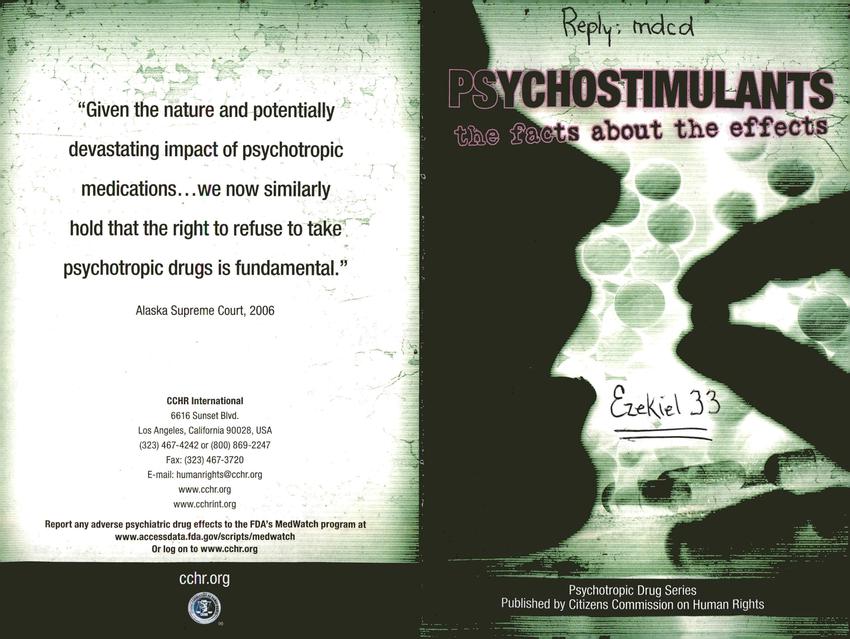
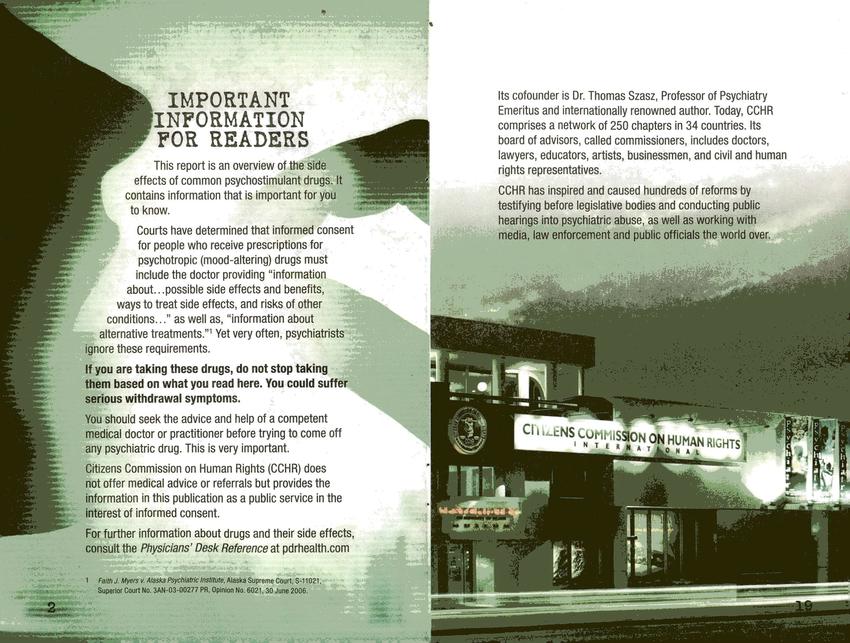
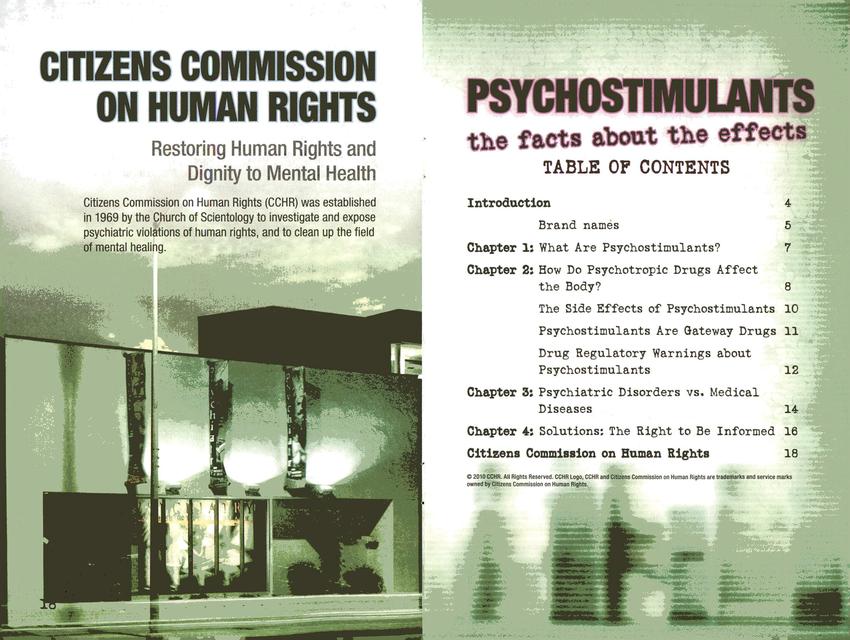
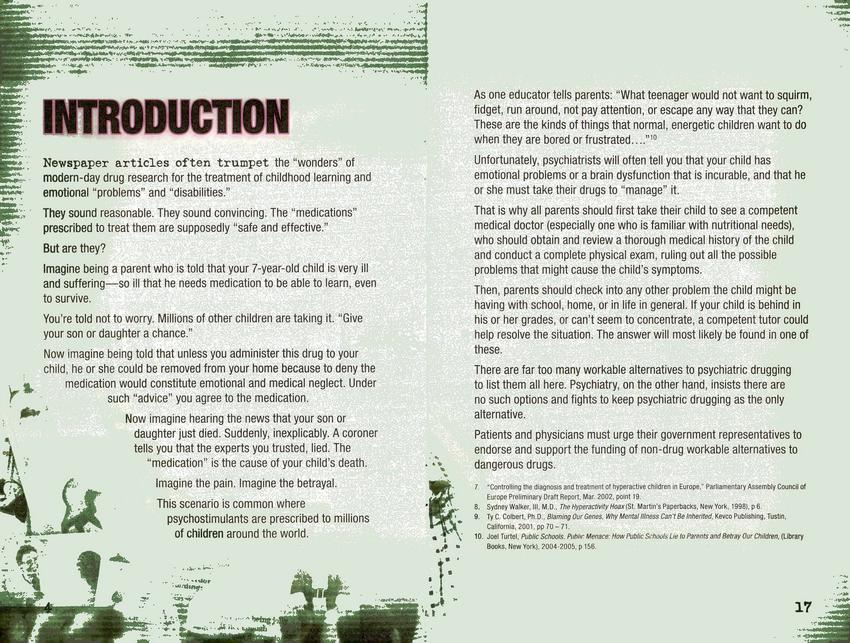
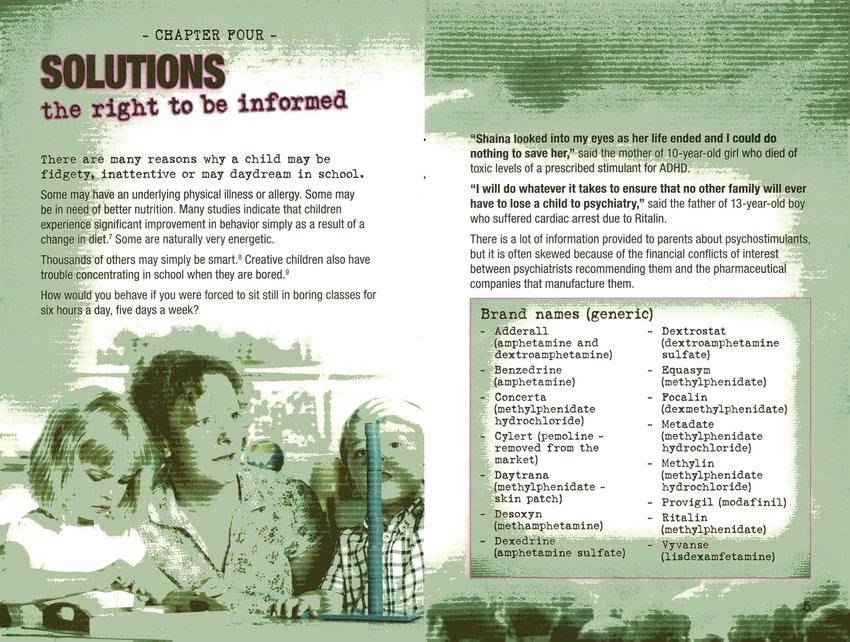
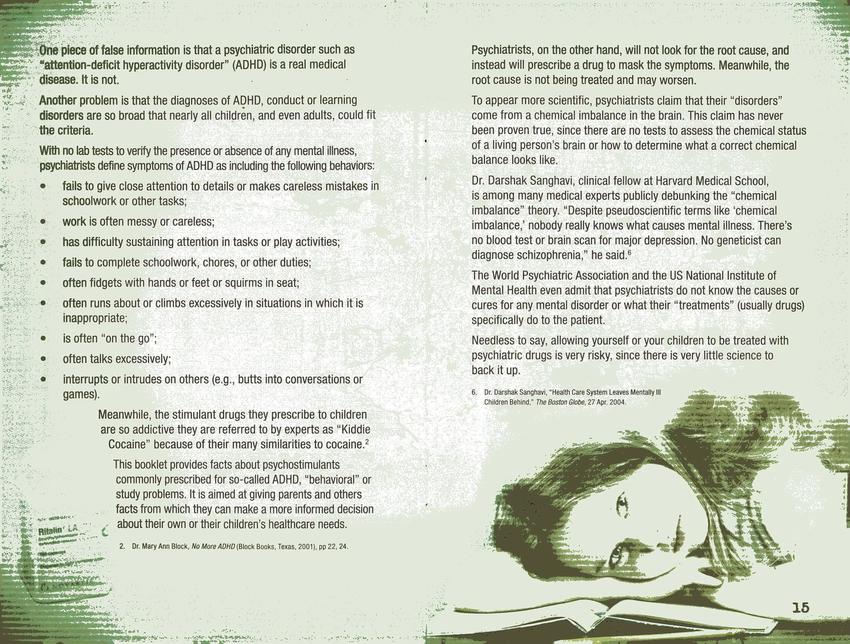
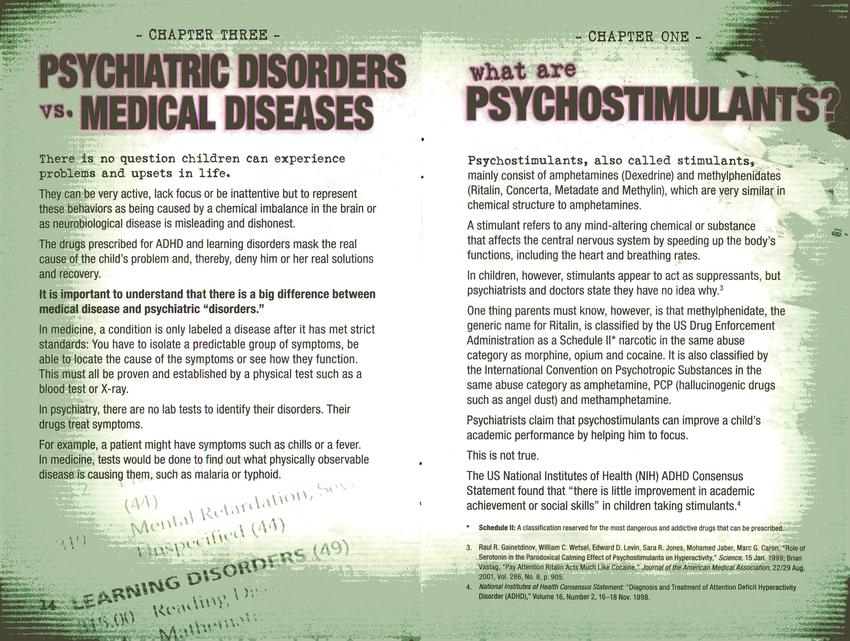
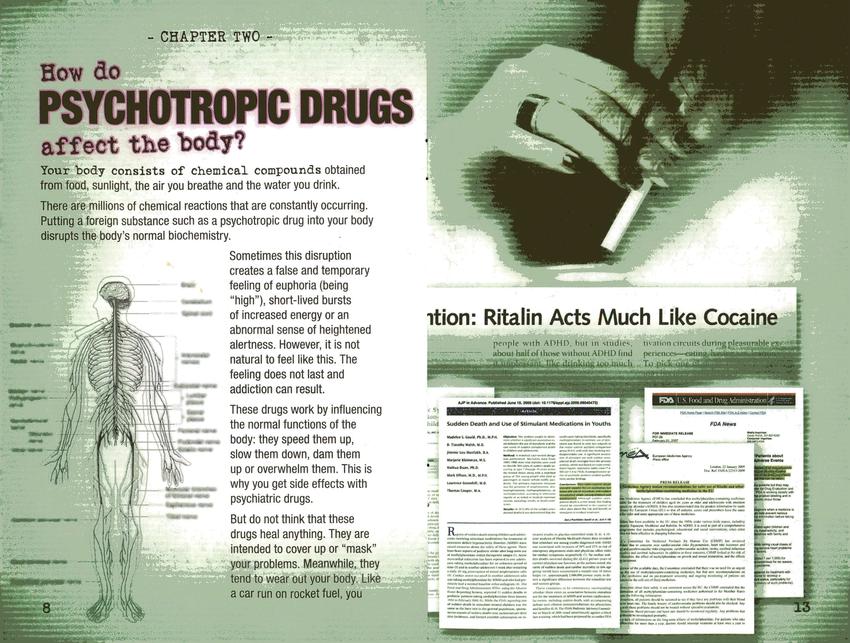
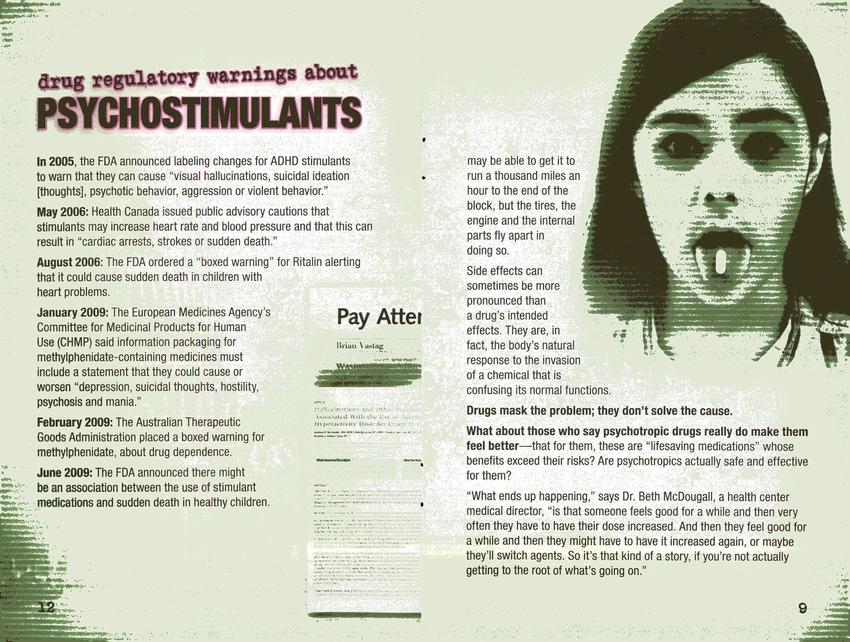
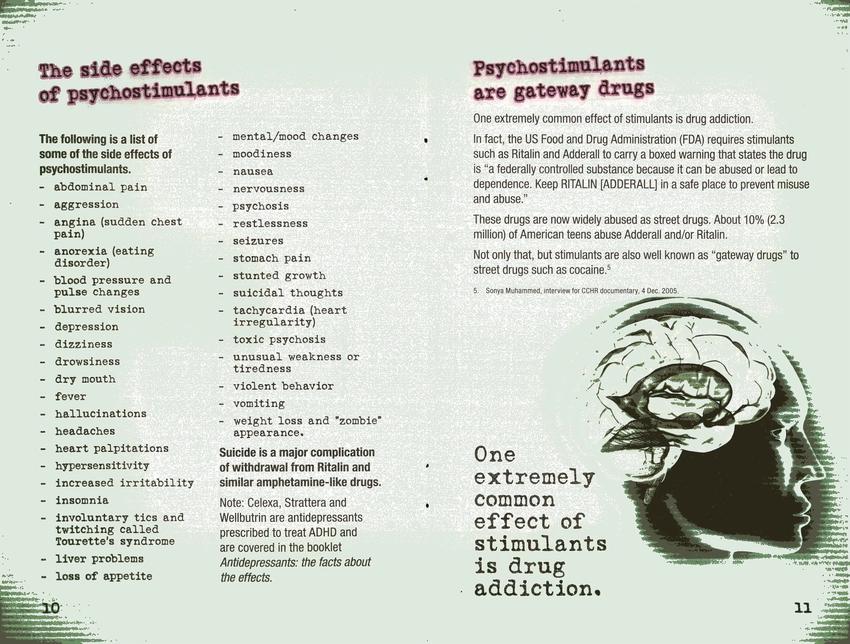

Replies